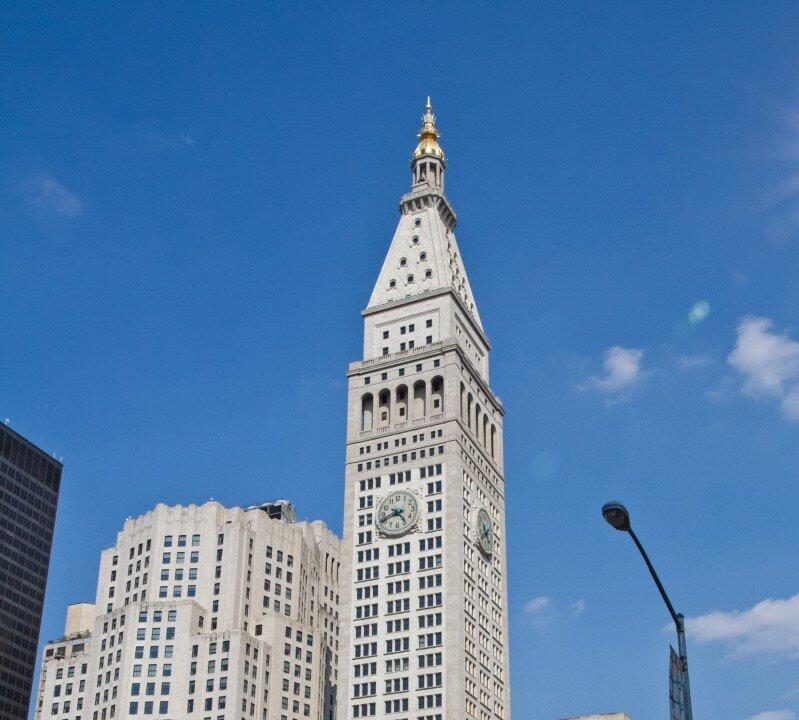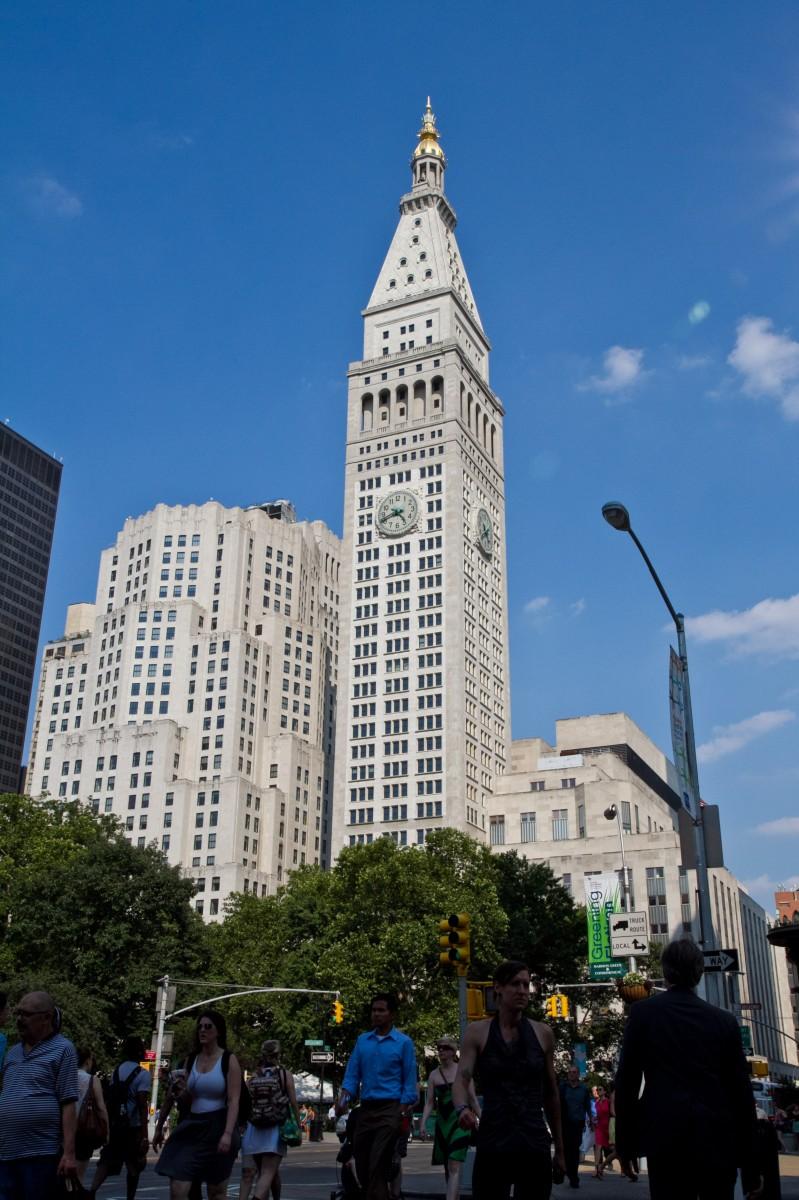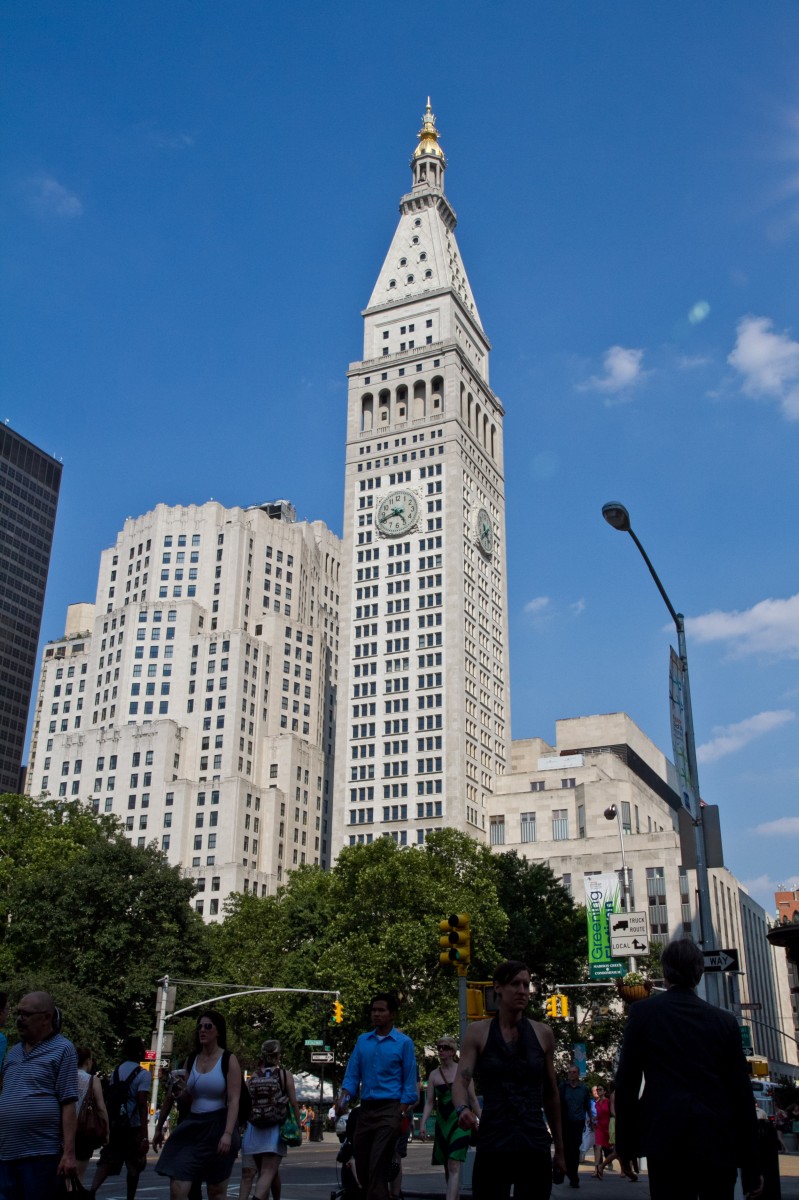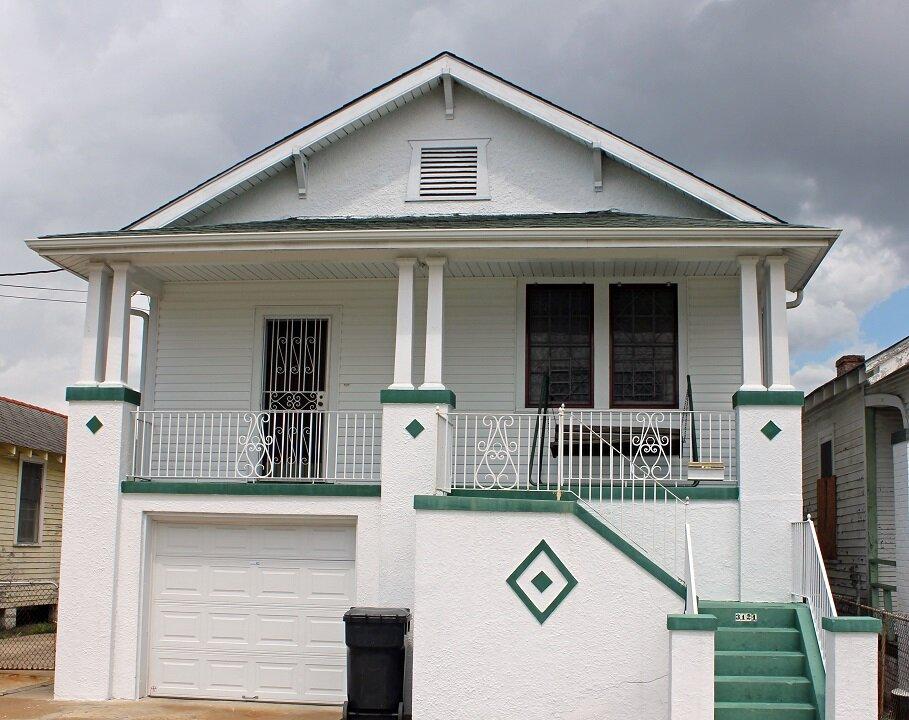NEW YORK—Many of the nearly 1 million buildings in New York City have a rich history, some dating back over a century.
Safeguarding historic buildings from disrepair and development has fallen on the Landmarks Preservation Commission (LPC) since 1965, but the battle over the buildings is intensifying.
A coalition—comprised of real estate, business, housing, and labor organizations—has recently formed the Responsible Landmarks Coalition, saying the landmark process is in need of reform, with places being landmarked that shouldn’t be.
“LPC’s current regulatory practice effectively treats historic districts as ’museum towns’ where alterations and additions to contributing buildings are severely restricted or prohibited,” the coalition website states. The coalition wants more focus on what they say is the need for more housing and jobs, physical infrastructure, greater sustainability efforts, and “exciting new architecture.”
Simeon Bankoff, executive director of the pro-preservation Historic Districts Council (HDC), said preservation lobbyists are ready to fight back.
“I think there is new leadership at the real estate lobby and they are very ambitious,” Bankoff said, “They have a lot of money. We have a lot of people,”
Bankoff and approximately 30 preservationists met Tuesday night to discuss what they see as a threat to the history of New York.
Buildings designated as landmarks cannot be developed without going through the LPC, a lengthy process that deters most prospective developers.
During the Bloomberg administration, the LPC has designated more historic districts (35) than any other administration and protected 5,962 historic buildings. To date, less than 4 percent of all buildings in the city are designated historic.
“The real estate lobby is right about one thing in that there is a real opportunity for change. I think a unified community voice could get some of the positive change and the resources that we need in order to forward our goals of preservation,” Bankoff said.
While Bankoff and his cohorts are used to taking their arguments to the Landmarks Commission regarding specific buildings or districts, the battleground has shifted to City Hall.
The City Council is currently reviewing 10 proposed bills, six of which would alter the landmark designation or pre-designation process. The Landmarks Commission had already testified against all of the proposals during a committee meeting on May 2.
“These bills, taken together, would significantly alter the discretionary, flexible and nuanced process that the Charter and the Landmarks Law left in the hands of a capable and expert agency,” said Jenny Fernandez, director of Intergovernmental and Community Relations for the LPC, according to a prepared statement.
Changing landmark laws is not unheard of with the last change coming in 2006. There has however, never been this many proposed changes at once.
The proposals are still in committee at City Council with no vote scheduled.
As the real estate lobby continues to push for reform and the preservationists ramp up their efforts to prevent major changes in laws, the two sides appear far apart. There have been no meetings between the two groups to find some middle ground, however it is not out of the question.
“I would be completely willing to have a conversation with them. I think we are concerned about the same subjects and in our own way we are both experts on it. I think that could be a positive thing,” Bankoff said.







